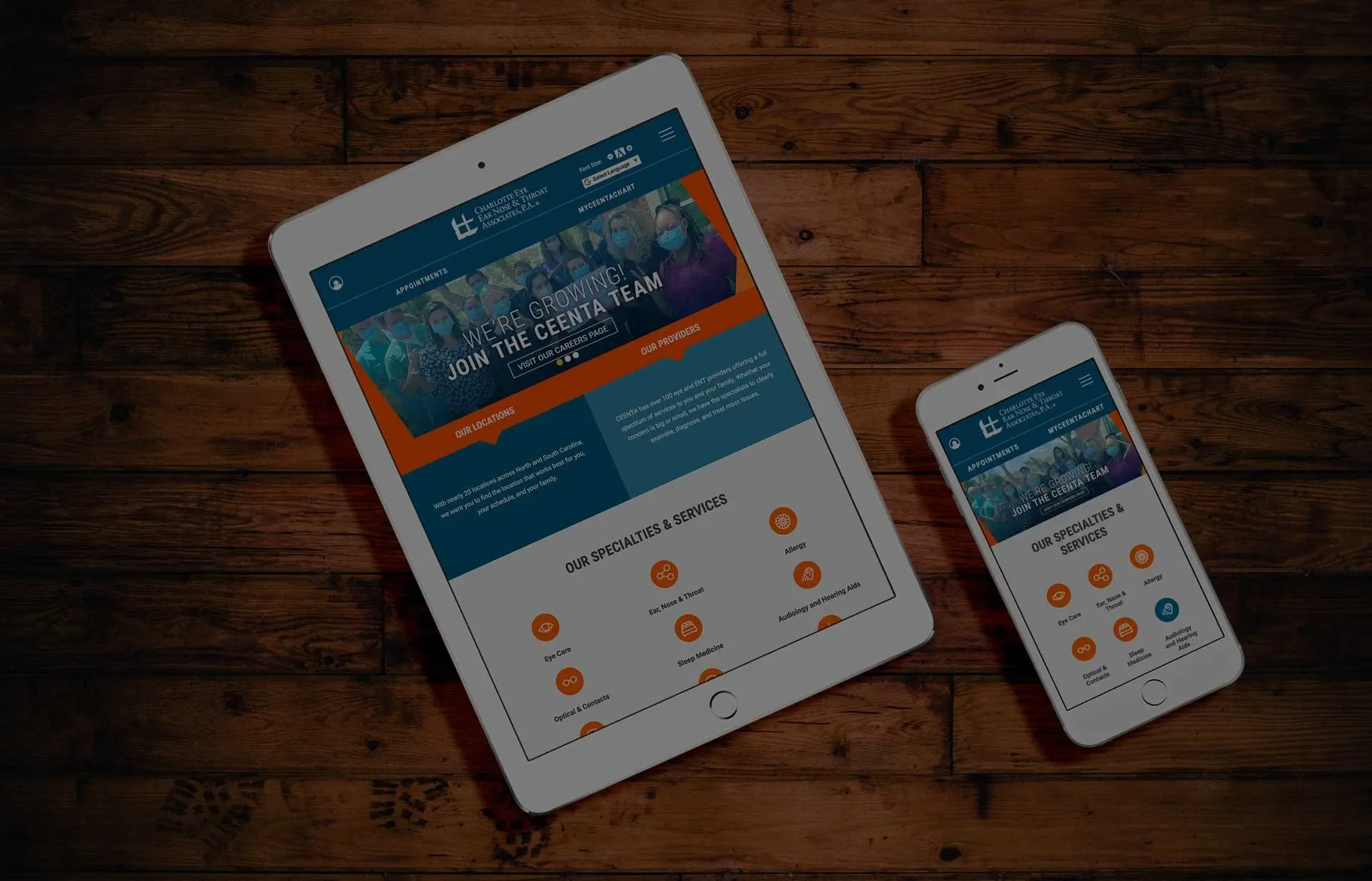SEO (search engine optimization) is a technique for improving a website's ranking on SERPs (search engine results pages). By improving visibility and rankings, businesses can gain more web traffic.
Content is essential for a website's SEO success. It must be well written and contain relevant keywords.
Keywords
Keywords are the words and phrases people type into search engines when seeking products or services online. They determine how a search engine ranks a web page according to its relevance to a query, making them essential components for anyone conducting an internet search.
Utilizing keywords effectively can increase organic traffic to your website and, consequently, boost sales. However, SEO is a highly specialized field requiring extensive research and optimization skillsets.
When selecting keywords, it's essential to select ones that correspond with both your content and the intent of the searcher. Doing this guarantees that searchers will find your website and convert into customers.
Search engine algorithms use keyword data to display websites on a search results page (SERP). The SERPs are organized like libraries and the order in which pages appear is determined by how closely they match up with a query.
On-page optimization
On-page SEO is a set of techniques you can use to optimize your website so it appears higher in search results for specific keywords. To do this, aligning page content with search intent and using page-level elements such as title tags, headers, and keywords helps boost rankings.
On-page optimization is an integral component of any successful search engine optimization campaign, as it helps your website climb higher in Google. It involves optimizing both the structure and content of your website so search engines can index it quickly, as well as making pages navigable for both potential customers and crawlers alike.
One of the most crucial on-page SEO elements is the title tag, which informs Google what a page is about and whether or not it's pertinent to a user's search query. Therefore, following SEO best practices when optimizing your title tags is crucial for success.
Link building
Link building is an integral element of search engine optimization (SEO). The more reliable, trustworthy, and authoritative websites that link to your site, the higher it will appear on Google's search results pages.
Linking is an integral component of cultivating relationships in your industry. Though it can take some time, eventually leading to highly valuable links that will promote your brand and help it gain recognition within its niche.
SEOs and marketers use a variety of tactics to persuade another website that linking back to yours is in their or their audience's best interest. These may include outreach, content promotion, and link reclamation.
A successful link building strategy should align with the objectives you have for your campaign, take into account key elements like target keywords, linkable assets and the overall linking environment.
Content creation
Content creation involves brainstorming topic ideas that appeal to your audience, crafting written or visual material around those themes, and making that information accessible through blogs, videos, infographics, etc. The aim is to offer valuable information to your followers while simultaneously promoting your brand.
When it comes to search engine optimization (SEO), content is the ultimate key for drawing people in. Before you begin writing, consider your business objectives so that the content created meets both search engine algorithms and your readers' needs.
Popular forms of SEO content include blog posts, guides and infographics. These are easy to share and can be an excellent way to engage your audience and establish authority for your company.
« Back to Blog
- Expanding Graystone Eye’s Digital Ecosystem: A Multi-Brand, Multi-Site Strategy Built for Growth
- Healthcare Website Accessibility in 2026: What WCAG 2.1 AA Means and How to Prepare
- Crafting a High-Performance Orthopedic Website for Bluegrass Orthopaedics
- Healthcare Content Landing Page Guide
- Modernizing OrthoCarolina.com: Advancing a 20+ Year Digital Partnership in Orthopedic Website Innovation
One Partner - Every Digital Solution Your Practice Needs.
EHS is more than a vendor — we’re your long-term partner in building a stronger, smarter, and more compliant digital presence.

© 2026. All rights reserved. E-dreamz, Inc.

